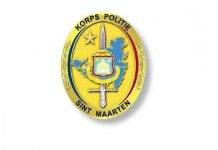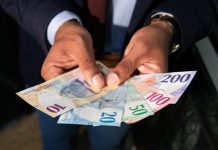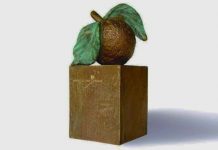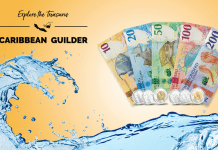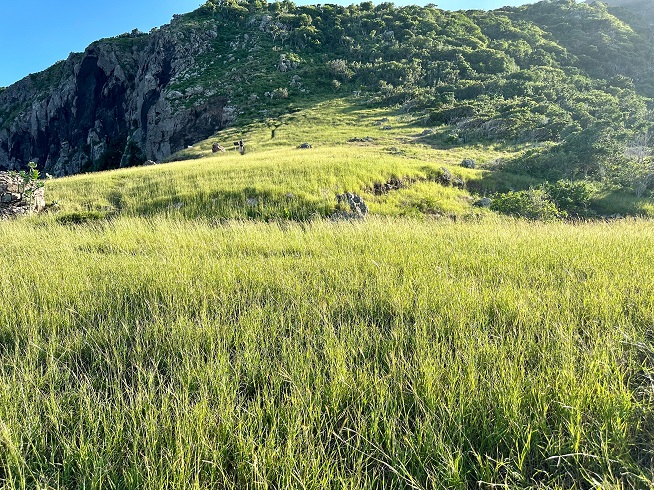SABA — The Public Entity Saba has decided to intensify the bounty period to tackle free-roaming goats by using local capacity. This is Phase 2 of the bounty period.
The decision to intensify the bounty period was made after a review of the first two phases of the goat project. The project started by a period of targeted hunting by two external invasive species hunters, who worked on Saba from May up to the end of December 2021. They removed a little under 1,300 goats. After this first phase, a bounty period was introduced in order to get local hunters involved as much as possible. In around 10 months, local hunters have removed close to 1,500 goats. These goats were mainly removed from the areas of Giles Quarter, St. John’s, parts of The Bottom, Spring Bay and Lower Hell’s Gate/Flat Point.
Beneficial
Working with local hunters has proven beneficial in several ways. The local hunters recover as much meat as possible to ensure that nothing goes to waste. Additionally, the bounty period has proven to be more cost-efficient, while at the same time benefiting the local economy: the money spent on the project remains on the island and more goat meat is available locally. Also, in terms of effectiveness of goat removal, the bounty period has up to now proven equally successful as working with invasive species hunters.
Natural environment
There are areas where little to no goats have been removed. Goats from these areas continue to impact the natural environment and reinvade zones where goats were removed by the invasive species hunters. In areas where hunters, both local and the invasive species hunters from abroad, have been active, a clear recovery of the vegetation is visible.
Three zones are given priority for the removal or roaming goats in phase 2 of the bounty period: Well’s Bay, parts of Ladder Bay and going up to the back of Troy Hill (zone 1); Crispeen, Tara Ground, the Bottom Mountain and across to Troy Hill (zone 2); Johnny’s Ground, Banana Gut to Over the Peak (zone 3).
Government hunters
Local government hunters will be appointed to remove goats from the 3 zones. These positions are being advertised and a hiring process is carried out. Goat owners are encouraged to continue removing their goats for the duration of the intensification of the bounty period. They will be compensated at US $65 per goat removed.
Residents and visitors to the island will be informed beforehand in advance of the start of the shooting. Zones will not be closed to the public. Hiking trails within the different zones will remain open, so residents and visitors alike can continue enjoying Saba’s trails and scenery. Throughout the execution of phase 2, the program will be evaluated to determine the next steps.
Local agriculture
In relation to the goat control project, two pilot projects will be implemented shortly aimed at stimulating local agriculture. These projects are feasible now that the number of free roaming goats is declining significantly.
One pilot focuses on supporting the community to become more active in backyard farming. People in the community who have been active in agriculture have faced several challenges, like having crops damaged by goats, iguanas and chickens, or a lack of seeds/saplings, water, fertilizers, water tanks, tools and pesticides.
The goal of this pilot is to assist persons to overcome these challenges to make the growth of agriculture possible again. In the coming months an inventory will be made of what interested backyard farmers need in order to start their farming activities.
Reforestation
Part of the support will consist of making fruit trees available for interested backyard farmers via a broader reforestation project. The reforestation project aims to boost the recovery process of the island’s vegetation now that the roaming goat population is declining and to further reduce the land-based pressures of erosion. The goal is to plant 5,000 trees over a period of 3 years. Of the trees planted, around 10% will be fruit trees, which will be types that grow naturally in the region and include mango, avocado, breadfruit, guava, citrus.
Support
Another pilot will be set up to support local animal husbandry and fisheries. The main goal will be to reduce the costs of doing business, for instance by reimbursing shipping and the ABB tax for import of feed, livestock and fishing supplies. Part of the available budget will also be used to make fencing supplies available. A condition to the financial support coming from this pilot is that the reduced cost of production is reflected in the price of the products sold locally. More information on these pilot projects will follow shortly.


